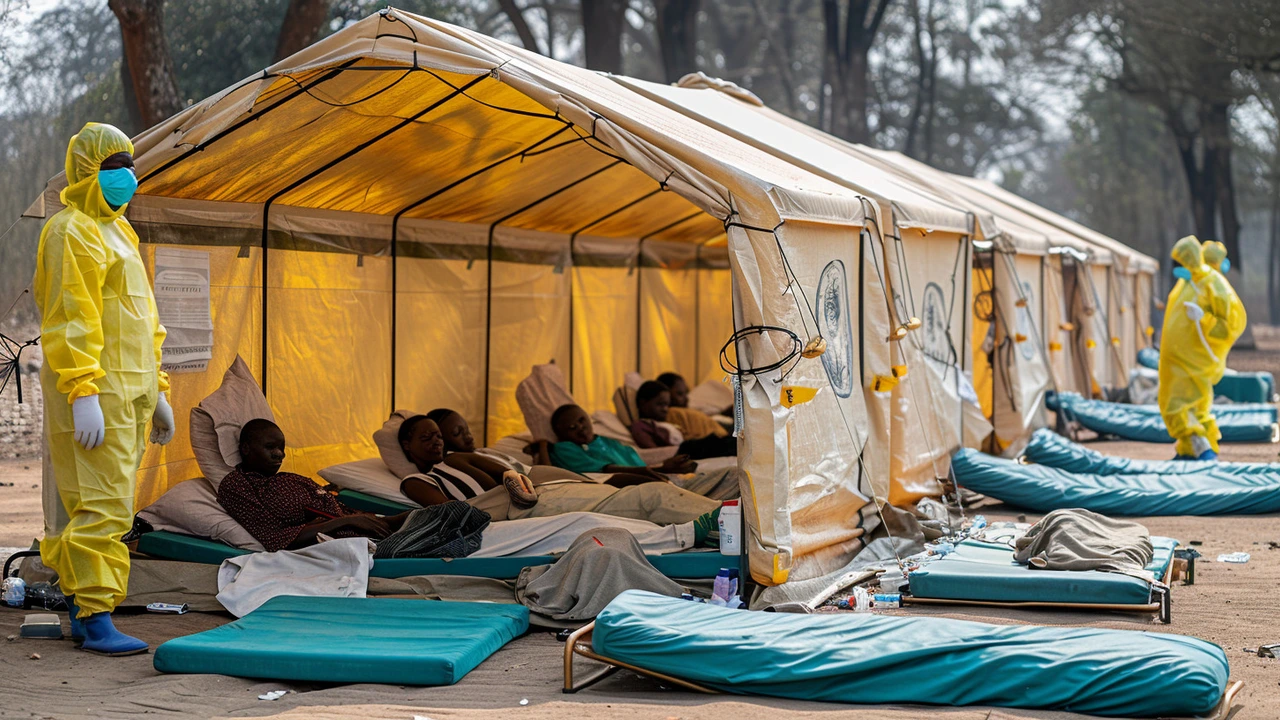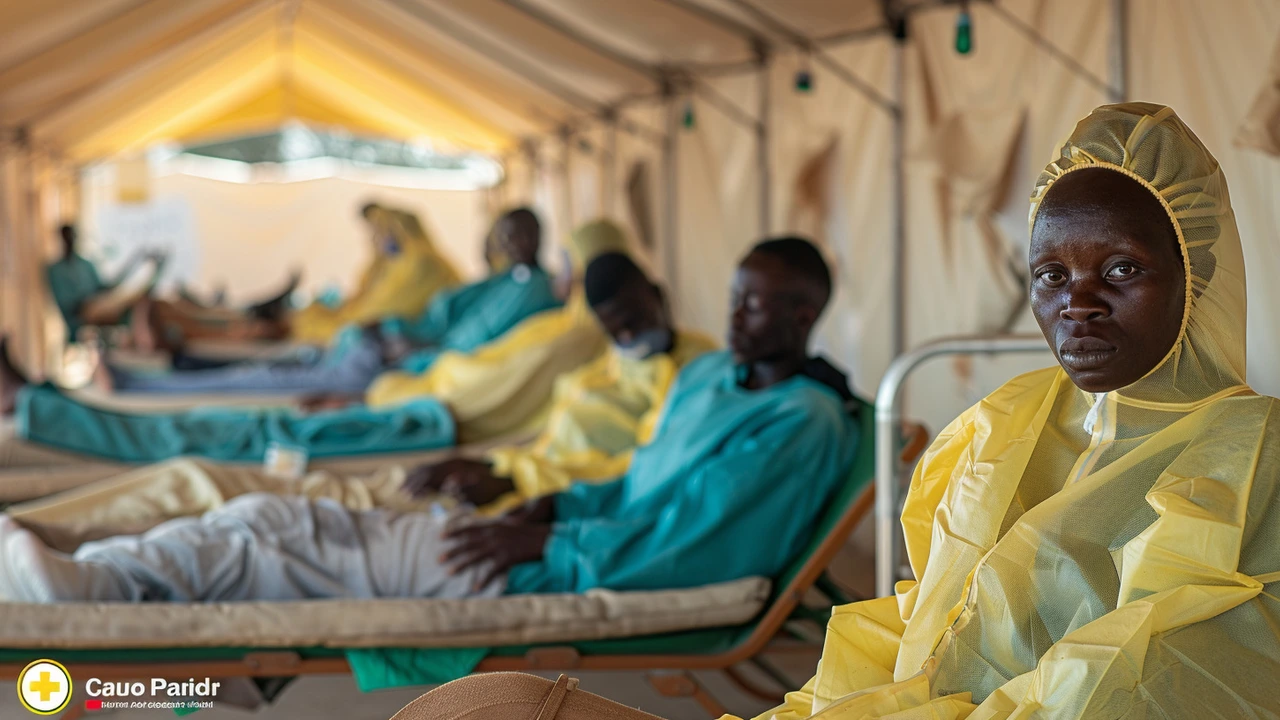Cholera Outbreak in Lagos: A Deepening Crisis
The city of Lagos is currently grappling with a significant health crisis as the death toll from a cholera outbreak has risen to 24, with 35 confirmed cases out of 417 suspected cases, as reported by June 19, 2024. This alarming increase is a sharp rise from the earlier statistics provided by the Lagos Commissioner for Health, Akin Abayomi. On June 11, the reported deaths were a mere fraction of what we see now, with only five fatalities and about 60 hospitalizations at that time.
The cholera outbreak had been initially confirmed with 350 suspected cases, which included 17 confirmed cases and 15 fatalities. This rapid escalation has understandably caused considerable concern among residents and health officials alike. Commissioner Abayomi has been actively updating the public about the situation, aiming to keep them informed and prepared for what lies ahead.
Potential Causes and Government Response
The government of Lagos has not been passive in addressing this outbreak. A comprehensive investigation has been launched to identify the source of the contamination that is spreading this lethal bacteria. The Ministry of Health, in collaboration with the Lagos State Environmental Protection Agency (LASEPA), is meticulously collecting samples from various water sources, food items, and beverages to trace the origin of this cholera outbreak. The aim is not just to treat those who are afflicted but to prevent further cases by eliminating the source of infection.
Special Adviser to the Lagos Governor on Health, Kemi Ogunyemi, has pointed out that the situation could worsen in the aftermath of the Eid-el Kabir celebrations. This period traditionally witnesses a surge in gatherings and communal activities which can inadvertently facilitate the spread of cholera. The health advisories caution the public to be vigilant about hygiene practices, especially around large congregations.
Global Perspective: A Wider Concern
This outbreak is not an isolated incident. The World Health Organisation (WHO) has reported a global resurgence of cholera. As of May 26, 2024, nearly 195,000 cases and 1,932 deaths have been documented across 24 countries spanning five regions. This global uptick only underscores the need for robust health measures and international cooperation to tackle waterborne diseases effectively.
These statistics reveal a chilling picture of the state of global health when it comes to cholera. While the specifics of each outbreak may vary, the underlying issues of contaminated water sources and insufficient healthcare facilities remain consistent factors contributing to the spread of the disease.
Community Awareness and Preventive Measures
In Lagos, proactive measures are being taken to educate the populace about cholera, its symptoms, and ways to prevent it. Public health campaigns are emphasizing the importance of using clean water and proper sanitation. Individuals are being urged to practice good hygiene, such as regular handwashing with soap and water, and to be cautious about the sources of their drinking water.
The government is also promoting the use of oral rehydration solutions (ORS) and zinc supplements, which are critical in managing and treating cholera. These efforts are aimed at not just treating those affected but also empowering the community with knowledge and tools to fight the disease.
Local clinics and hospitals have been directed to remain on high alert and immediately report any new cases to the relevant health authorities. Such measures are critical in ensuring a quick response and containment of the outbreak.

The Path Ahead
The situation in Lagos is indeed critical, and while the efforts being made are robust, the path to containing the cholera outbreak is fraught with challenges. The ongoing investigation into potential sources of contamination remains a top priority, and the results could provide necessary insights to prevent future outbreaks.
For now, the public remains in a state of heightened vigilance. Authorities are urging people to stay informed through official channels and adhere strictly to health advisories. The battle against cholera is not just a medical challenge but a communal one that involves every resident of Lagos playing a role in practicing and promoting good hygiene.
As health officials and agencies continue their relentless efforts to curb the spread of the disease, the hope is that the measures currently in place will soon begin to show positive results. Until then, the resilience and cooperation of the people of Lagos will be tested as they navigate through this public health crisis.
